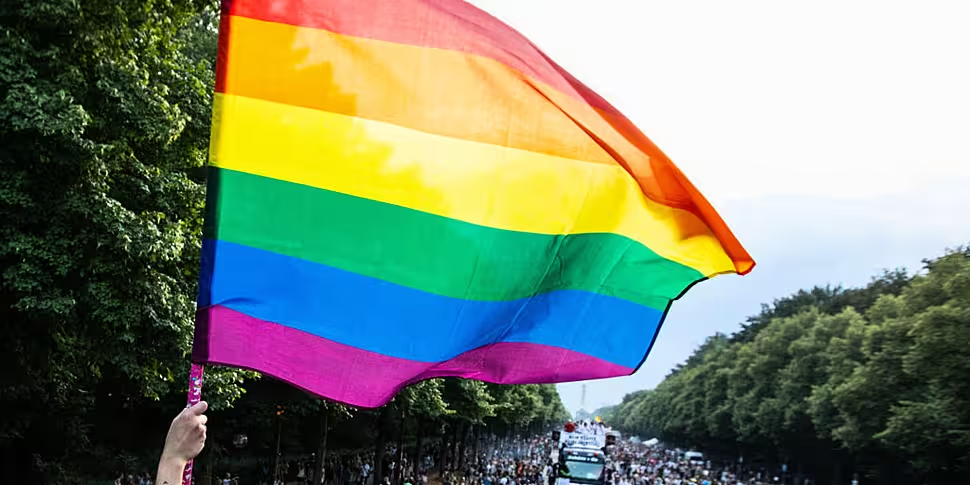On this week's 'Parenting' segment on the Moncrieff show, one listener sought advice about her 11-year-old's decision to come out as bisexual.
Joanna Fortune, psychotherapist specialising in Child & Adult Psychotherapy, joined Moncrieff to answer this and other listeners' questions.
The question:
“My 11-year-old daughter has told me that she thinks she is bisexual. While I am happy to support her I’m not sure how much she understands or if she really knows what that means.
“I asked her if she likes a girl at school and she said no. I know there are a lot of young female celebrities and singers that she looks up to but I wonder if it’s just that she strongly admires them rather than fancies them.
“I don’t really know how to talk to her about this so what should I say? I also don’t know if I should encourage her to make such a decision about her identity at this age.”
Listen and subscribe to Moncrieff on Apple Podcasts, Google Podcasts or Spotify.
Joanna’s advice:
“You know, I think sometimes as parents we’re like, ‘I don’t know what to say, how will I approach this?’ We’re assuming we need to have a level of expertise and we’re going to be coming at this with some kind of an announcement or a statement.
“And even this, ‘I don’t know if I should encourage her to make such a decision’ - she’s not looking for encouragement and she doesn’t need encouragement one way or the other to be honest.
“Really, it’s about acceptance and she’s 11-years-old, in that pre-teen stage when she’s beginning to get curious about other aspects of her identity, experiment with independence, autonomy [and] establishing, ‘I’m nothing like you, I’m my own person. I have my own interests, styles, tastes, desires.’
“That process of estrangement is a developmental task in adolescence and she’s just maybe hitting it a little bit earlier. But to be honest with you, puberty and preadolescence does start for some kids quite early.
“When you say you’re not sure she understands what she means by ‘bisexual’, why don’t you approach this with what I’m going to call the inquisitive stance; adopt a position of curiosity, that you are seeking to better understand this from her perspective and that is with acceptance and not judgement.
“You’re going to ask and wonder with her, ‘What does this mean to you?’ And be curious about when did she realise it, when did she did realise it to be something that she was thinking about.
“And again, that’s not with judgment or approval or saying one way another, ‘Oh, you’re right’ or ‘you’re wrong’, but simply sticking with her truth in that moment and hold a space for questioning and exploration and curiosity.
“Children are allowed and it’s healthy for them to be curious, to be playful and to explore their own sexual and gender health and identity throughout their adolescence.
“So it’s okay for her to say, ‘this is where I’m at right now’ and the message you give her is that she’s allowed to explore her sexuality and that you accept her. Something like, ‘Thank you for telling me, you can talk to us about anything, we love you just as you are - always.’
“So she gets that constant message of acceptance.”
Main Image: A participant waving a rainbow pride flag during the 40th Christopher Street Day (CSD) pride parade in Berlin, Germany. Picture by: Omer Messinger/SIPA USA/PA Images









